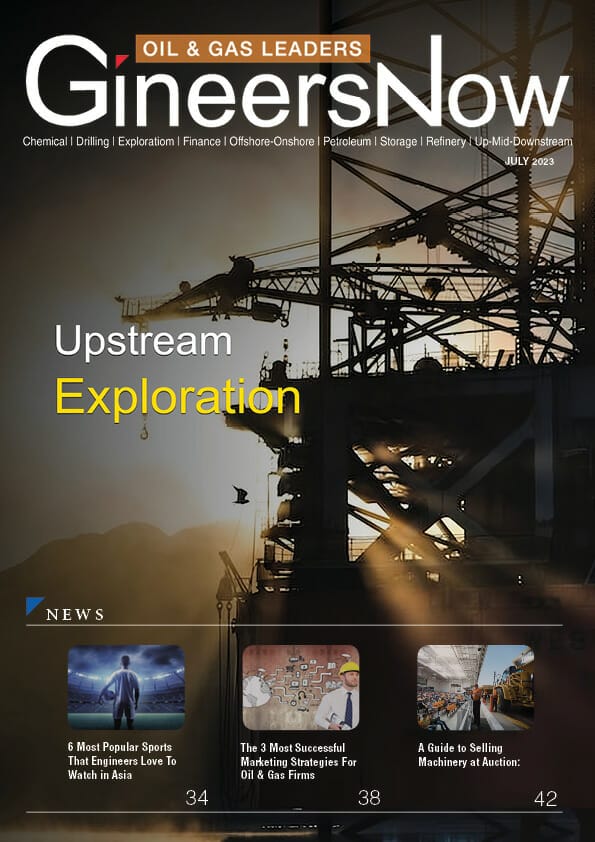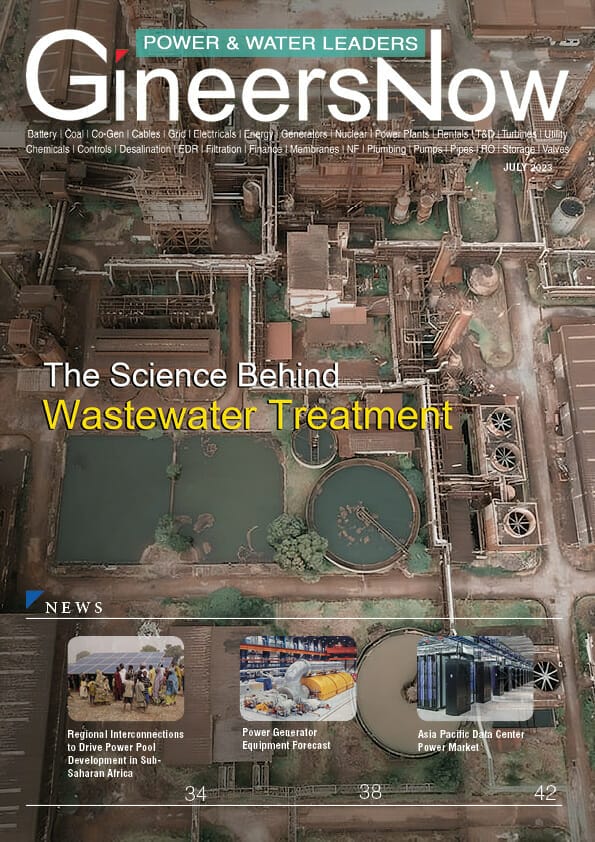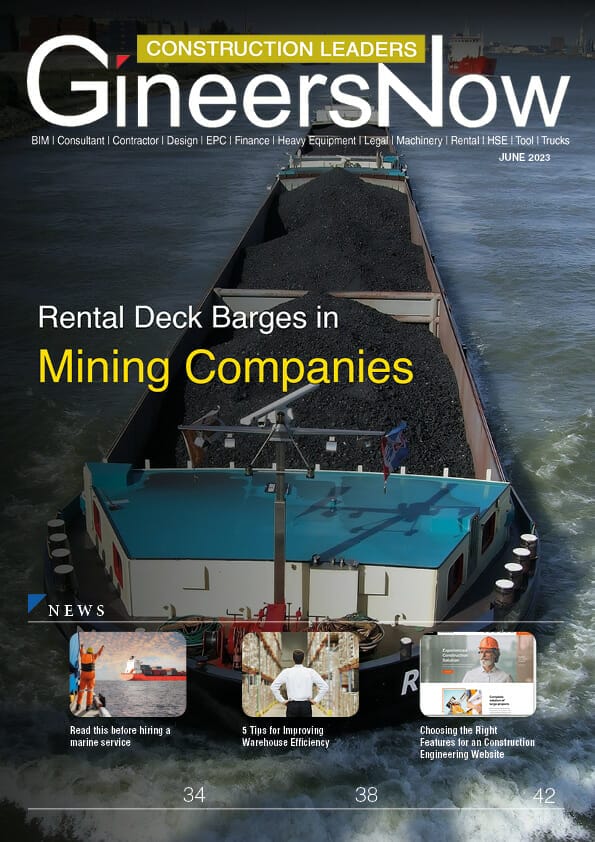In the oil and gas industry, upstream exploration is a crucial process for discovering new reserves of fossil fuels. It involves searching for oil and gas deposits in unexplored or underexplored areas through seismic surveys and drilling technologies. Upstream exploration is a high-risk but potentially high-reward endeavor that requires significant investments in time, money, and expertise.
In this article, we will take an in-depth dive into the exploration of upstream oil to understand its importance, challenges, and future prospects. We will explore the various stages of upstream exploration, from planning to execution, and evaluate the latest technologies used in the field. Additionally, we will examine how companies can balance profitability with sustainability while exploring for new frontiers in the energy sector.
Overview of Upstream Exploration
Upstream exploration refers to the process of searching for, identifying, and extracting crude oil and natural gas from underground reserves. It is a critical part of the oil and gas industry as it provides the raw materials needed for downstream activities such as refining and distribution. The upstream sector is often considered one of the riskiest parts of the industry due to its high capital costs and technical challenges.
Upstream exploration involves several stages, including seismic surveys, drilling exploratory wells, testing geological formations to determine their potential productivity, and determining the economic viability of any discovery. Seismic surveys use sound waves to create images of rock layers deep beneath the earth’s surface. Exploratory wells are then drilled in areas where these surveys have identified promising geological structures that could contain oil or gas deposits. Once a well has been drilled, specialized equipment is used to collect data on rock formations’ properties and characteristics deep underground.

The Importance of Upstream Exploration
Upstream exploration plays a crucial role in the oil and gas industry. It involves the search for potential oil and gas reservoirs beneath the earth’s surface, which can eventually lead to their discovery and extraction. Without the exploration of upstream oil, there would be no new sources of energy to fuel our economies.
Upstream exploration is an expensive process that requires advanced technology, geological expertise, and significant investment. However, it offers high returns on investment if successful. Companies that engage in the exploration of upstream oil often benefit from higher profits as they discover new reserves of hydrocarbons that are in high demand.
Moreover, upstream exploration is essential for sustainable development as it ensures a steady supply of energy for future generations. By exploring new sources of oil and gas reserves now, we can avoid sudden shortages in the future when current resources become scarce or depleted.

Techniques and Technologies Used for Upstream Exploration
Upstream exploration is a crucial aspect of the oil and gas industry. It involves the search for new sources of hydrocarbons, such as oil and natural gas, before drilling. Exploration techniques have evolved over the years to include advanced technologies that increase accuracy and improve efficiency.
One such technique is seismic surveys, which use sound waves to create images of rock formations beneath the earth’s surface. These images help geologists identify potential areas where hydrocarbons may be present. Another popular method used in the exploration of upstream oil is gravity and magnetic surveys that measure variations in the earth’s gravitational or magnetic fields to locate subsurface structures.
Technologies like drones are also being increasingly used for upstream exploration. They can survey large areas quickly and cost-effectively, providing high-resolution aerial imagery that helps identify potential drilling sites.

Challenges Faced in Upstream Exploration
Upstream exploration is an essential component of the oil and gas industry but is also one of the most challenging. Upstream exploration involves searching for new sources of oil and gas in previously unexplored regions, which often means drilling in remote locations with harsh weather conditions. Additionally, finding viable reserves can be a significant challenge, as not all geological formations are suitable for oil and gas extraction.
One major challenge faced during the exploration of upstream oil is managing the risks associated with drilling operations. Drilling requires extensive planning to ensure safety while minimizing environmental impact. Exploration companies must consider factors such as well control, blowouts, and hydrocarbon leaks that could lead to catastrophic events if not properly managed. Another challenge faced by upstream explorers is access to funding. Exploration projects require significant investments before any oil or gas production occurs, making financing a barrier for many companies looking to enter the market.

Successful Examples of Upstream Exploration
Upstream exploration is the process of identifying and exploring new oil and gas reserves. In recent years, companies have increased their upstream exploration efforts in response to declining production from existing fields. Successful examples of the exploration of upstream oil can be seen across the globe, including in some of the most challenging environments.
One example is ExxonMobil’s Liza field in Guyana. Discovered in 2015, it has an estimated 8 billion barrels of oil equivalent. The company successfully drilled several wells to confirm its size before starting development activities. Another notable example is Total’s discovery of the Brulpadda field off South Africa’s southern coast. With potential reserves of over one billion barrels, this deepwater area was previously unexplored due to technical challenges and high costs but was found using advanced seismic imaging technology.

Future Prospects for Upstream Exploration
The future prospects for upstream exploration are looking promising due to the increasing demand for energy worldwide. Upstream exploration refers to the process of exploring and extracting oil and gas reserves from underground sources. Technological advancements have made it possible to access resources in deeper waters and harder-to-reach areas, leading to an increase in potential reserves.
Furthermore, sustainable production practices are becoming more essential as environmental considerations come into play. The industry is now working towards reducing its carbon footprint by adopting new methods such as carbon capture and storage (CCS). This approach will enable companies to continue producing energy while minimizing their impact on the environment.
Overall, the exploration of upstream oil holds a significant role in meeting global energy demands, which are projected to increase by 32% over the next two decades. With innovative technologies and sustainability initiatives coming into play, there is much hope that future prospects for this sector will remain bright.
Read GineersNow Oil & Gas Magazine for FREE
Editor’s Note
The oil and gas industry is a vital contributor to the global economy, providing energy for transportation, electricity generation, and industrial processes. Upstream exploration, in particular, is a critical aspect of this industry, as it involves the search for new sources of these valuable resources. Exploration activities take place in diverse environments, ranging from offshore deepwater to onshore shale formations, and require sophisticated technology and expertise.
In this article, we will delve into upstream exploration and its role in meeting the world’s growing energy demands. We will explore the challenges faced by exploration companies in their quest for new frontiers of oil and gas production, including technological limitations, environmental concerns, regulatory barriers, and market volatility.
The potential of the exploration of upstream oil is truly exhilarating. The technology and innovation that are driving this industry forward are nothing short of remarkable. With the increasing demand for energy, it is clear that upstream exploration will continue to be a vital sector for years to come. As we look towards the future, let us embrace the exciting potential of upstream exploration and work together to ensure that we are harnessing its power safely and responsibly. We have the opportunity to shape a cleaner, more sustainable world—one that will benefit generations to come.

Takeaway: The Exciting Potential of Upstream Exploration
In conclusion, upstream exploration has the potential to revolutionize the way we extract and utilize natural resources. By leveraging advanced technologies and innovative techniques, we can unlock new reserves of oil, gas, and minerals that were previously inaccessible. This not only opens up new economic opportunities but also helps us move toward a more sustainable future by reducing our reliance on fossil fuels. As we continue to invest in the exploration of upstream oil, it is crucial that we do so in a responsible manner that takes into account environmental concerns and local communities. With careful planning and foresight, upstream exploration could be a game-changer for both businesses and society as a whole. Let us embrace this exciting potential and work together to unlock the true power of the exploration of upstream oil.








